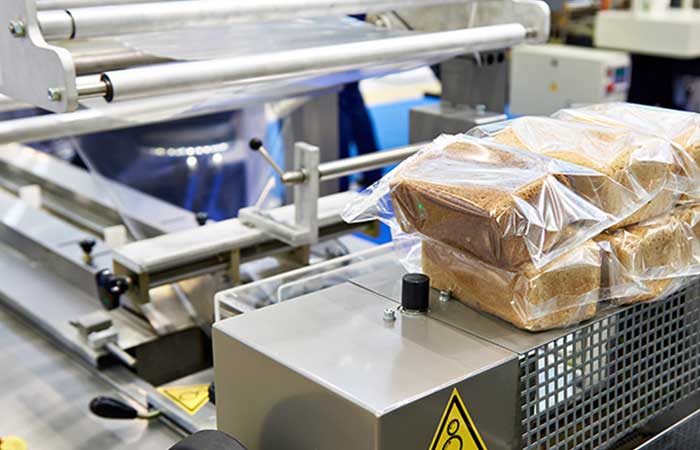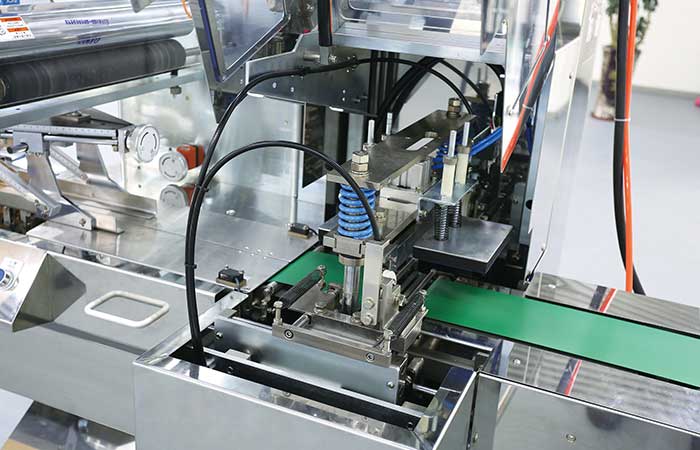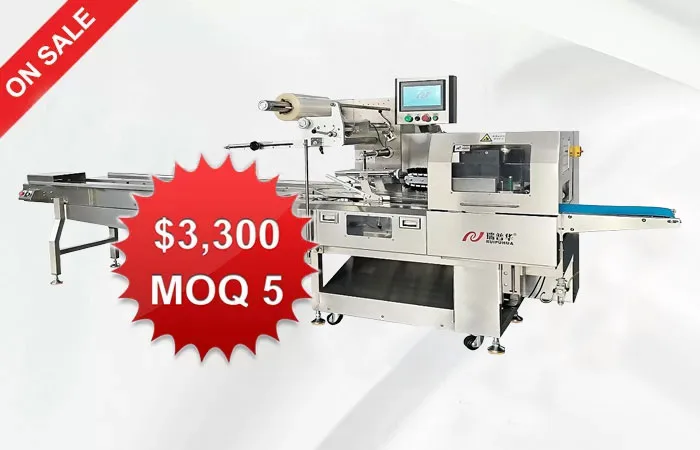Revolutionizing Inventory Management: A Deep Dive into AI-Powered Bin Packing
Revolutionizing Inventory Management: A Deep Dive into AI-Powered Bin Packing
Inventory management has always been a critical aspect of efficient operations for businesses. Traditionally, the optimization of space and resources in a warehouse setting has relied heavily on manual labor and human intuition. However, the advent of Artificial Intelligence and Machine Learning has opened up new possibilities, particularly in the realm of bin packing.
What exactly is bin packing, and how can AI revolutionize this process? In simple terms, bin packing is the optimization technique used to efficiently utilize space by packing items into containers or bins. This seemingly straightforward task becomes increasingly complex as the number of items to be packed grows, requiring algorithms to find the most optimal way to fit items into containers while minimizing wasted space.
AI-powered bin packing takes this concept to a whole new level by leveraging machine learning algorithms to solve complex optimization problems in real-time. By analyzing historical data, predicting future demands, and adjusting packing strategies dynamically, AI can significantly enhance the efficiency and accuracy of inventory management processes.
One of the key advantages of AI-powered bin packing is its ability to adapt to changing conditions and requirements on-the-fly. Traditional manual methods often struggle to cope with sudden changes in demand or inventory sizes, leading to inefficiencies and errors. With AI, businesses can achieve a level of flexibility and responsiveness that was previously unattainable.
The Technology Behind AI-Powered Bin Packing
At the core of AI-powered bin packing is the use of advanced algorithms such as genetic algorithms, reinforcement learning, and deep learning. These algorithms enable the system to learn from data, identify patterns, and make intelligent decisions about how to pack items most efficiently.
Genetic algorithms, inspired by the process of natural selection, work by evolving a population of solutions over multiple generations to find the best possible packing arrangement. This iterative approach allows the system to explore a wide range of possible solutions and converge on an optimal outcome.
Reinforcement learning, on the other hand, focuses on training an AI agent to make sequential decisions by rewarding positive outcomes and penalizing negative ones. By continuously interacting with the environment and receiving feedback, the system can learn and improve its packing strategies over time.
Deep learning, a subfield of machine learning that involves neural networks, has also shown promise in optimizing bin packing processes. By processing vast amounts of data and extracting intricate patterns, deep learning models can achieve impressive levels of accuracy and efficiency in packing items into bins.
Real-World Applications and Benefits
The potential applications of AI-powered bin packing extend across various industries, from e-commerce and retail to manufacturing and logistics. By automating and optimizing the packing process, businesses can reduce costs, minimize waste, and improve overall operational efficiency.
In the e-commerce sector, for example, AI-powered bin packing can help online retailers optimize their warehouse space, reduce shipping costs, and enhance customer satisfaction by ensuring timely deliveries. By intelligently grouping items based on size, weight, and demand patterns, retailers can streamline their fulfillment processes and offer a seamless shopping experience to customers.
In manufacturing and logistics, AI-powered bin packing can play a crucial role in inventory optimization, supply chain management, and distribution planning. By accurately predicting demand, identifying the most efficient packing configurations, and minimizing transportation costs, businesses can achieve significant savings and competitive advantages in the market.
Challenges and Considerations
While the potential benefits of AI-powered bin packing are clear, several challenges and considerations must be addressed to ensure successful implementation. One of the key challenges is the need for high-quality data to train and test machine learning models effectively. Without accurate and diverse datasets, AI algorithms may struggle to generalize well and produce reliable packing solutions.
Another consideration is the interpretability of AI-powered packing decisions. As AI systems become more complex and sophisticated, understanding how and why decisions are made can be a crucial factor in building trust with users and stakeholders. Transparency and explainability in AI algorithms are essential to ensure ethical and responsible use of the technology.
Looking Ahead: The Future of AI-Powered Bin Packing
As technology continues to advance and AI capabilities evolve, the future of AI-powered bin packing looks promising. With ongoing research and innovation in the field of artificial intelligence, we can expect to see even more sophisticated algorithms, improved efficiency, and enhanced automation in inventory management processes.
By embracing AI-powered bin packing, businesses can unlock new opportunities for growth, competitiveness, and sustainability in an increasingly fast-paced and digital world. The combination of human expertise and AI intelligence holds the key to transforming inventory management practices and shaping the future of supply chain operations.
Stay tuned for more insights and updates on the exciting developments in AI-powered bin packing and its impact on the world of inventory management!
-
 01
01Further Discussion About Protein Bar Packing Machinery
27-02-2024 -
 02
02Sustain The Best Crispy With Automatic Packaging Machines
29-01-2024 -
 03
03Bread Packing Machine For Bakery Business
19-01-2024 -
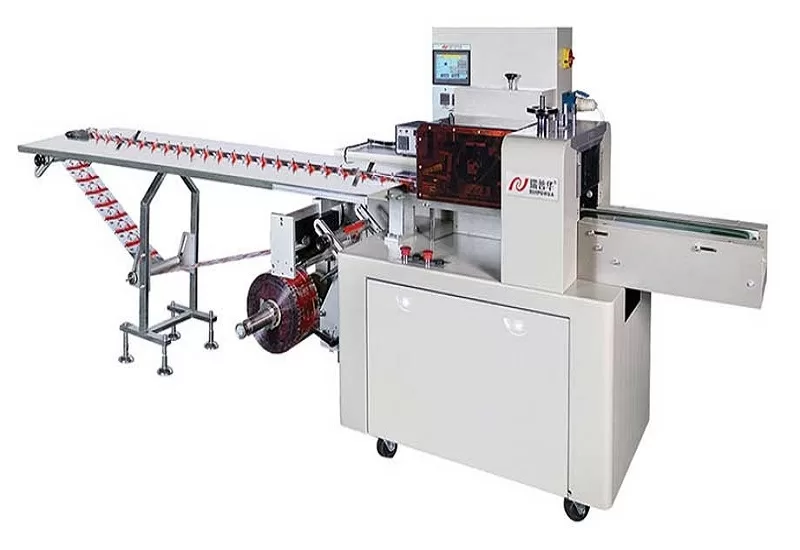 04
04How Flow Wrappers Are Adapting to Changing Trends
01-11-2023 -
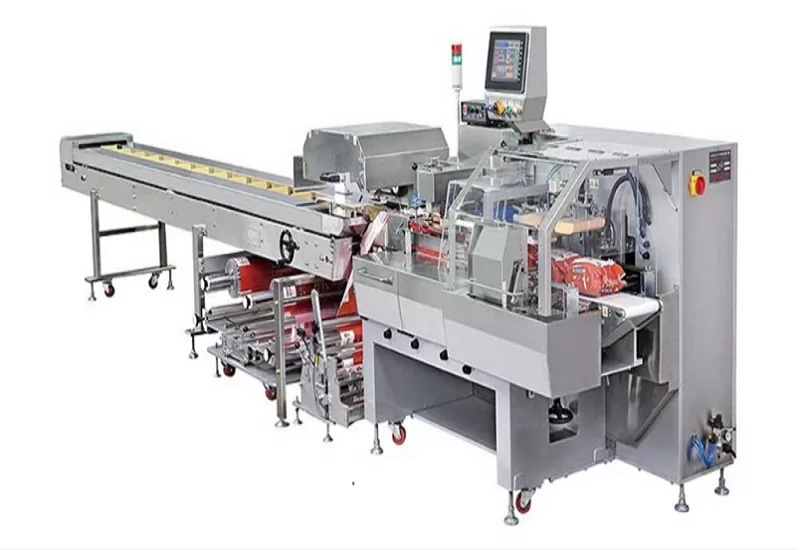 05
05The Comprehensive Guide to Packaging Machinery
31-10-2023 -
 06
06Automatic Cookie Packaging System Performance
01-09-2023 -
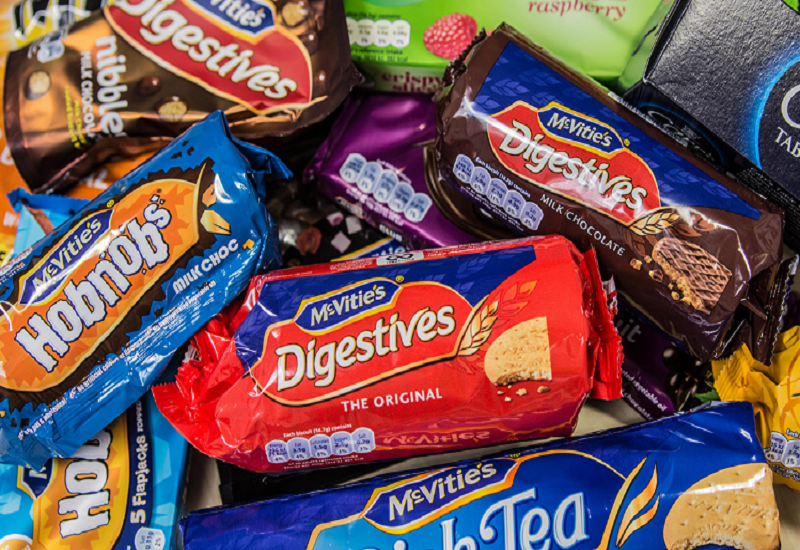 07
07Streamlining Biscuit Packaging with Multipack Biscuit Packaging Machines
25-08-2023 -
 08
08From Assembly To Shipping: The Energy Bar Packaging Machine Does All
28-02-2023 -
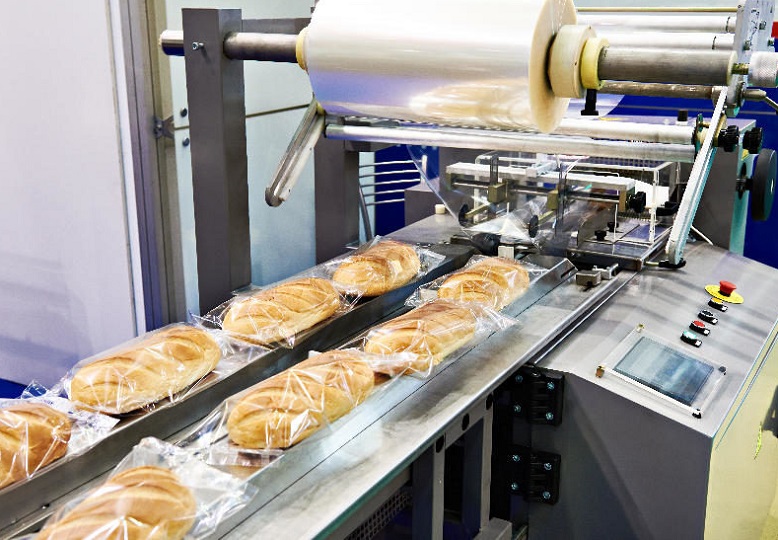 09
09Maximizing Efficiency With Food Packaging Machine Technology
22-02-2023 -
 10
10Clients Hunt For Professional And Functional Packaging Machine
10-11-2022



